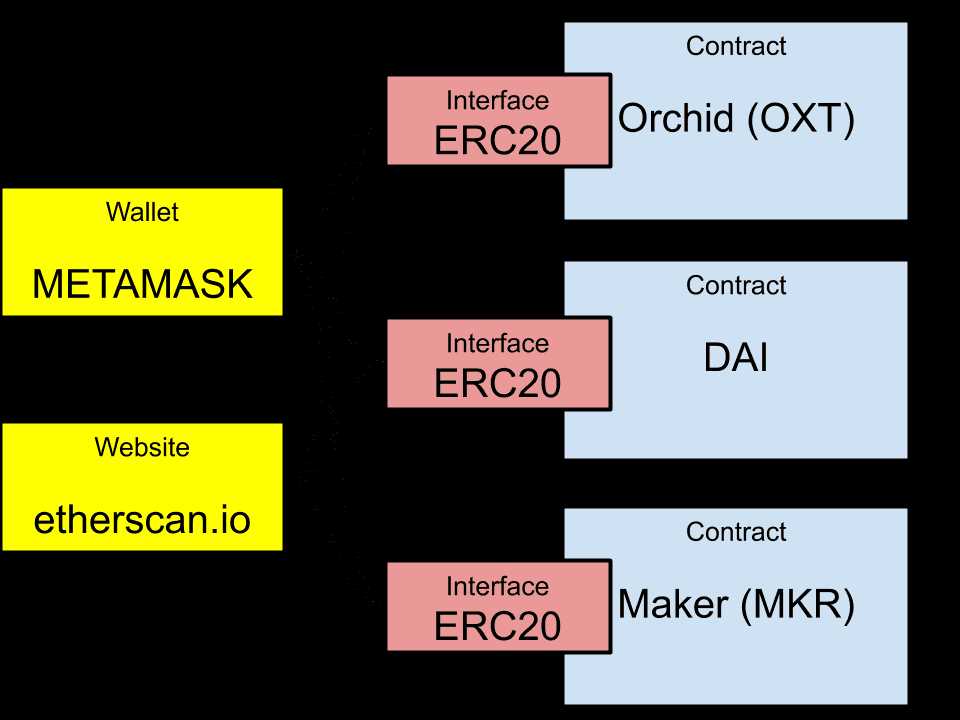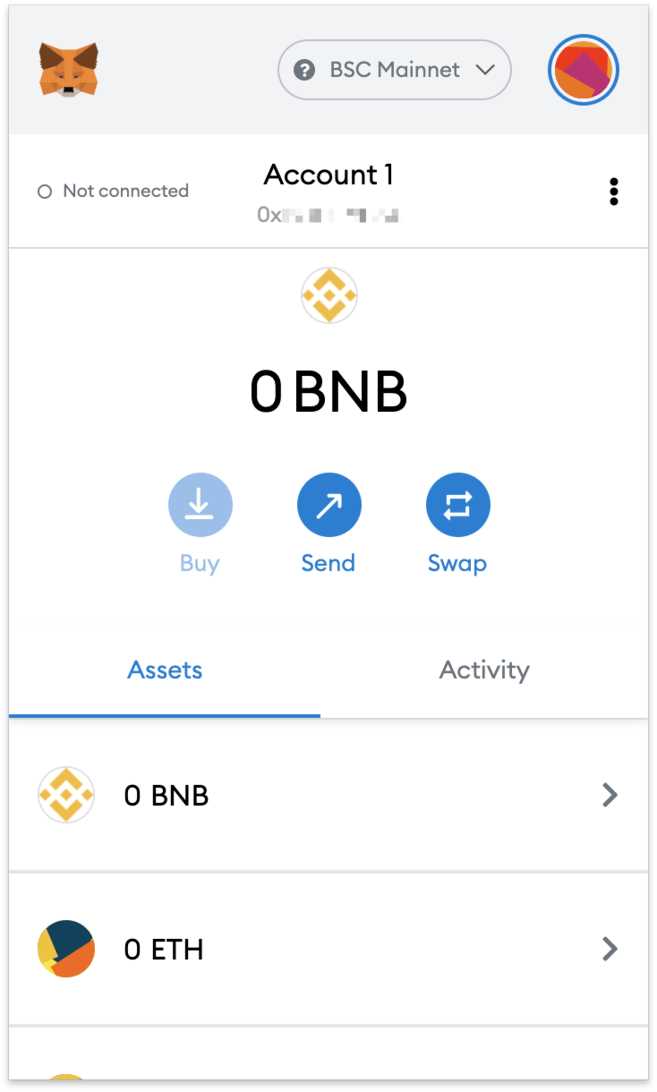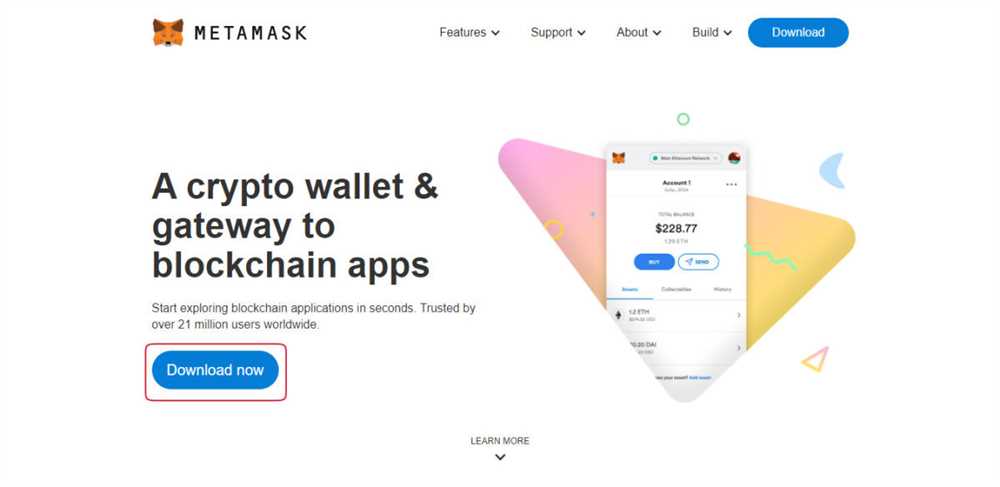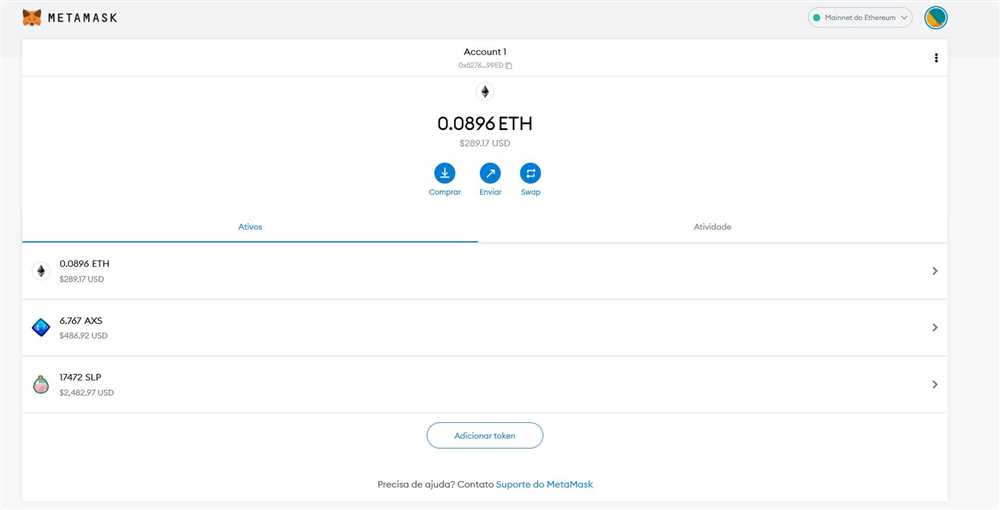
Blockchain technology has created a buzz across industries and is transforming the way we conduct business. It is a decentralized and distributed ledger that allows for secure and transparent transactions. But what is it exactly and why is it so powerful?
Blockchain operates on a peer-to-peer network, eliminating the need for intermediaries such as banks or payment processors. It records transactions in blocks that are linked together in a chronological chain. Each block contains a unique digital signature, ensuring the integrity and immutability of the data.
The power of blockchain lies in its ability to provide trust, security, and efficiency. The decentralized nature of the technology makes it resistant to tampering and fraud. Transactions can only be added to the blockchain if they are validated by network participants, known as miners. This validation process ensures that the information stored on the blockchain is accurate and reliable.
Blockchain has the potential to revolutionize various industries, including finance, supply chain management, healthcare, and more. It enables faster and more secure transactions, reduces costs, and eliminates the need for middlemen. With its decentralized and transparent nature, blockchain brings a new level of trust and accountability to the digital world.
Understanding the Basics of Blockchain Technology

Blockchain technology is a revolutionary concept that has gained significant attention in recent years due to its potential to disrupt various industries. At its core, a blockchain is a decentralized and transparent digital ledger that records transactions across multiple computers or nodes. This technology eliminates the need for a central authority, such as a bank or government, to validate and verify transactions.
The key feature of blockchain technology is its ability to create a tamper-proof and immutable record of all transactions. Each transaction, also known as a block, is linked to the previous block through a cryptographic hash function, creating a chain of blocks. This chain of blocks, or blockchain, becomes the ledger that contains the complete history of all transactions.
One of the main benefits of blockchain technology is that it provides a high level of security. As each block is linked to the previous block and contains a unique hash, it becomes extremely difficult for anyone to alter the data without being detected. This feature makes blockchain technology highly resistant to fraud and tampering.
Another important aspect of blockchain technology is its transparency. The distributed nature of blockchain networks means that anyone can view the transactions recorded on the blockchain. This transparency can enhance trust and accountability, as it allows for easy verification and auditing of transactions.
Blockchain technology has the potential to transform various industries, including finance, supply chain management, healthcare, and more. Its decentralized and secure nature can streamline processes, reduce costs, and improve efficiency. Moreover, it can enable new business models and empower individuals by giving them control over their data and digital assets.
In conclusion, understanding the basics of blockchain technology is crucial to grasp its potential and how it can revolutionize various industries. By providing security, transparency, and decentralization, blockchain technology has the power to redefine the way we interact, transact, and trust in the digital age.
Unlocking the Potential of Blockchain in Various Industries

Blockchain technology is revolutionizing the way we do business, offering numerous benefits and opportunities for various industries. From finance to healthcare, supply chain management to real estate, blockchain has the potential to transform traditional processes and bring about greater efficiency, security, and transparency.
Finance

In the financial sector, blockchain has the power to disrupt traditional banking systems and streamline transactions. By eliminating intermediaries and establishing a decentralized ledger, blockchain technology can reduce costs, improve security, and enhance transparency in financial transactions. Smart contracts, enabled by blockchain, can automate processes and ensure secure and accurate settlements.
Supply Chain

The supply chain industry can also benefit greatly from blockchain technology. By implementing a blockchain-based system, businesses can track and trace goods throughout the entire supply chain, ensuring transparency and authenticity. This can help prevent counterfeiting, improve product quality control, and enhance customer trust. Additionally, blockchain can enable faster and more efficient cross-border transactions, simplifying customs procedures and reducing delays.
Blockchain can also revolutionize the healthcare industry. By securely storing and sharing patient data on a blockchain network, medical professionals and researchers can access accurate and up-to-date information, leading to better diagnosis, treatment, and research outcomes. Moreover, blockchain can enhance the security and privacy of patient records, reducing the risk of data breaches and unauthorized access.
Real estate is another industry that can benefit from the adoption of blockchain technology. By utilizing blockchain-based smart contracts, property transactions can be executed more efficiently and securely, eliminating the need for intermediaries such as real estate agents and lawyers. This can reduce costs, speed up the buying and selling process, and ensure the transparency of property ownership records.
In conclusion, blockchain technology has the potential to revolutionize various industries by improving efficiency, security, and transparency. Its implementation in finance, supply chain, healthcare, and real estate can bring about significant benefits and transform traditional processes. As more businesses and organizations recognize the power of blockchain, we can expect to see its widespread adoption and the unlocking of its full potential.
Exploring the Advantages and Challenges of Blockchain Implementation
Blockchain technology has gained significant attention in recent years due to its potential to revolutionize various industries. By providing a decentralized and transparent platform for recording and verifying transactions, blockchain offers several advantages over traditional systems.
One of the key advantages of blockchain implementation is enhanced security. The decentralized nature of blockchain makes it highly resistant to hacking and unauthorized access. Each transaction is verified and added to a “block” through a consensus mechanism, such as Proof of Work or Proof of Stake. Once added to the chain, the block is cryptographically linked to the previous block, creating an immutable and transparent record of all transactions.
Another advantage of blockchain is increased efficiency. Unlike traditional systems that rely on intermediaries and manual processes, blockchain enables direct peer-to-peer transactions, eliminating the need for intermediaries and reducing processing time. Additionally, smart contracts can be implemented on the blockchain, automating the execution of predefined terms and conditions.
Blockchain also offers improved transparency and accountability. Since all transactions are recorded on a public ledger, anyone can view and verify the details of a transaction. This level of transparency can help reduce fraud and corruption, as well as improve trust between parties involved in a transaction.
However, implementing blockchain technology also comes with its own set of challenges. One major challenge is scalability. As the number of transactions increases, the size of the blockchain grows, resulting in slower processing times and increased storage requirements. This scalability challenge needs to be addressed to ensure widespread adoption of blockchain in large-scale applications.
Another challenge is regulatory and legal uncertainty. As blockchain technology disrupts traditional industries and processes, there is a need for clear regulations and laws that govern its use. The legal framework surrounding blockchain is still evolving, and organizations need to navigate the complex regulatory landscape to ensure compliance.
Furthermore, the energy consumption of blockchain networks is a concern. Proof of Work consensus mechanisms, used by popular cryptocurrencies like Bitcoin, require significant computational power, leading to high energy consumption. This has raised environmental concerns and calls for more sustainable alternatives, such as Proof of Stake.
| Advantages of Blockchain Implementation | Challenges of Blockchain Implementation |
|---|---|
| Enhanced security | Scalability |
| Increased efficiency | Regulatory and legal uncertainty |
| Improved transparency and accountability | Energy consumption |
In conclusion, blockchain implementation offers several advantages, including enhanced security, increased efficiency, and improved transparency. However, challenges such as scalability, regulatory uncertainty, and energy consumption need to be addressed for successful adoption and integration of blockchain technology.
Future Possibilities and Applications of Blockchain Technology

Blockchain technology has the potential to revolutionize various industries and sectors in the future. With its decentralized and immutable nature, it offers a wide range of applications that can enhance transparency, security, and efficiency.
1. Supply Chain Management

Blockchain can transform supply chain management by providing a transparent and traceable ledger of transactions. It can enable improved accountability, provenance tracking, and efficient management of goods throughout the supply chain, reducing counterfeiting and increasing consumer trust.
2. Financial Services and Payments
Blockchain technology can disrupt traditional financial services by enabling faster, cheaper, and more secure cross-border payments and remittances. It eliminates intermediaries, reduces transaction fees, and enhances financial inclusion, especially for the unbanked population.
3. Healthcare and Medical Records

Blockchain can revolutionize the healthcare industry by securely storing and sharing patient data. It can enable interoperability, improve data integrity, and ensure patient consent and privacy, leading to better healthcare outcomes and more efficient medical research.
4. Voting and Governance

Blockchain can enhance the transparency and security of voting systems, allowing for immutable and verifiable records. It can eliminate voter fraud, enable secure remote voting, and enhance overall trust in the democratic process.
5. Intellectual Property Protection

Blockchain can be utilized for digital rights management, ensuring proof of ownership, and protecting intellectual property rights. It can enable creators to securely share and monetize their content while preventing unauthorized use and piracy.
6. Energy and Smart Grids

Blockchain can enable the peer-to-peer trading of energy, optimizing resource allocation and reducing reliance on traditional energy providers. It can facilitate decentralized energy grids, incentivize renewable energy production, and promote energy efficiency.
These are just a few examples of the future possibilities and applications of blockchain technology. As the technology continues to evolve and mature, we can expect to see innovative use cases and disruptions across various sectors, ultimately transforming how we interact and conduct business in the digital age.
Frequently Asked Questions:
What is blockchain technology?
Blockchain technology is a distributed ledger system that uses cryptography to ensure transparency, security, and immutability of data. It is the underlying technology behind cryptocurrencies like Bitcoin, but its applications extend beyond that.
How does blockchain ensure security?
Blockchain ensures security through its decentralized nature and cryptographic algorithms. Each transaction is verified and recorded by multiple nodes in the network, making it nearly impossible for hackers to tamper with the data. Additionally, the use of cryptographic signatures ensures that only authorized parties can access the data.











+ There are no comments
Add yours